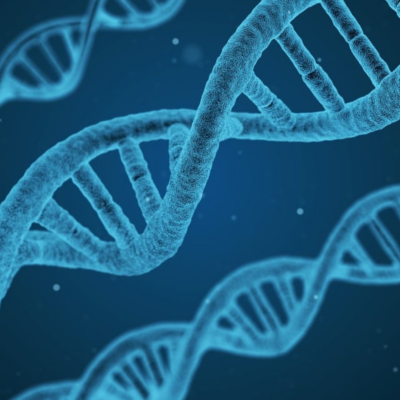Is Alcoholism Hereditary?

Alcoholism, also known as Alcohol Use Disorder (AUD), is a complex condition characterized by an inability to control or stop alcohol consumption despite negative consequences. The question of whether alcoholism is hereditary has intrigued scientists, medical professionals, and society at large for decades. The answer is multifaceted, involving genetic, environmental, and psychological factors.
The Role of Genetics in Alcoholism
Research has consistently shown that genetics play a significant role in the predisposition to alcoholism. Twin studies, adoption studies, and family studies provide robust evidence for a hereditary component. For instance, studies have found that the concordance rate for alcoholism is higher in identical twins compared to fraternal twins, indicating a genetic influence. Additionally, children of alcoholic parents, even when raised by non-alcoholic adoptive parents, have a higher risk of developing alcoholism, suggesting that genetic factors are at play independent of the environment.
Genetic Variations and Susceptibility
Specific genetic variations have been identified that increase the risk of developing alcoholism. These include genes involved in the metabolism of alcohol, such as ADH1B and ALDH2. Variants of these genes affect how quickly alcohol is metabolized in the body. For example, some individuals have a variant of the ALDH2 gene that leads to slower metabolism of acetaldehyde, a toxic byproduct of alcohol. This can result in unpleasant symptoms like facial flushing and nausea, which can deter alcohol consumption and reduce the risk of alcoholism.
Other genes implicated in alcoholism are related to the brain’s reward pathways. Genes such as GABRA2 and CHRM2 are involved in neurotransmitter systems that regulate stress, reward, and impulsivity. Variations in these genes can affect an individual’s response to alcohol, making them more susceptible to developing a dependency.
Beyond specific genetic variations, epigenetics—changes in gene expression without altering the DNA sequence—also play a crucial role. Environmental factors such as stress, exposure to alcohol at a young age, and social influences can cause epigenetic changes that increase the risk of alcoholism. These changes can be passed down to future generations, suggesting that the hereditary nature of alcoholism can be influenced by both genetic predisposition and environmental experiences.
Environmental and Psychological Factors
While genetics are a significant factor, they are not the sole determinants of alcoholism. Environmental factors, such as family dynamics, peer pressure, socioeconomic status, and cultural attitudes towards drinking, also contribute substantially. For example, individuals who grow up in environments where heavy drinking is normalized may be more likely to develop alcoholism.
Psychological factors, including personality traits and mental health conditions, are also critical. People with certain personality traits, such as high impulsivity or a tendency towards sensation-seeking, are at higher risk. Mental health conditions like depression, anxiety, and trauma-related disorders often co-occur with alcoholism, creating a complex interplay between genetic predisposition and psychological vulnerabilities.
Interaction Between Genetics and Environment
The development of alcoholism is best understood as a result of the interaction between genetic and environmental factors. This interplay is often described through the diathesis-stress model, which posits that genetic predisposition (diathesis) interacts with environmental stressors to trigger the development of a disorder. In the context of alcoholism, an individual with a genetic predisposition may not develop alcoholism unless they are exposed to certain environmental factors, such as chronic stress or a culture that promotes heavy drinking.
Prevention and Treatment
Understanding the hereditary nature of alcoholism informs effective prevention and treatment strategies. For those with a family history of alcoholism, early education and intervention are crucial. Tailoring treatment based on genetic information can enhance effectiveness; for instance, medications like naltrexone may work better for certain genetic profiles.
Rehabilitation programs, both inpatient and outpatient, are vital, offering structured environments for medical treatment, therapy, and support. These programs use therapies like cognitive-behavioral therapy (CBT) and motivational interviewing (MI) to help individuals manage their behavior and reduce dependence. They also address co-occurring mental health conditions and provide aftercare services to support long-term sobriety.
In conclusion, alcoholism is a hereditary condition, but it is not solely determined by genetics. The risk of developing alcoholism is influenced by a complex interplay of genetic, environmental, and psychological factors. While genetic predisposition plays a significant role, environmental influences and personal experiences are equally important in shaping an individual’s susceptibility to alcoholism. Understanding these multifaceted interactions is crucial for developing effective prevention and treatment strategies, ultimately reducing the impact of alcoholism on individuals and society.




